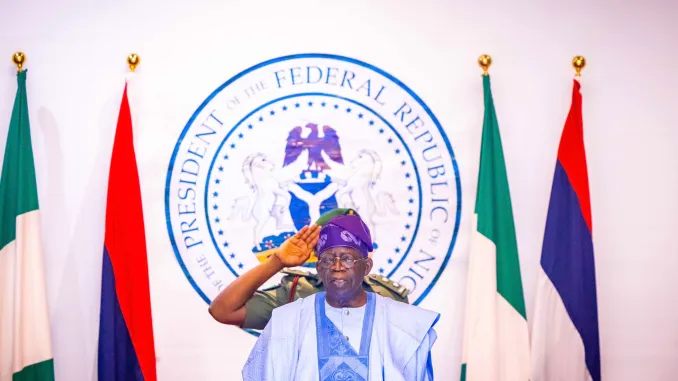Prior to the yet to be concluded 2019 general elections, two critical Bills that would have given a strong legal background to push further for e-Voting in Nigeria suffered rejection by the President as assents were declined.
The Bills were Electoral Act Bill which has strong window for e-Voting and the Digital Rights Bill which apart from seeking to protect the rights of people online, also supports digital inclusion crusade which may lead to adoption of e-Voting going forward.
Already, leading stakeholders in both the civil society movement and telecommunications sector have continued to react to the refusal of President Muhammadu Buhari to sign the Digital Rights Bill into law, more than six weeks after it was presented to him by the National Assembly.
In his reaction, the National President, National Association of Telecoms Subscribers (NATCOMS), Chief Deolu Ogunbanjo argued that “Nigerians’ presence online is on the increase, going by the present statistics where over 100 million Nigerians have access to the internet and 174 million Nigerians have access to telecommunications voice services.”
“What this portends is that data usage is also steadily increasing, which signals the need for laws that will protect Nigerians while browsing or transacting businesses online.”
Ogunbanjo called on Nigerians to support members of the National Assembly in putting pressure on the president to sign the bill so as to further rely on the provisions to make credible case for e-Voting revolution in Nigeria.
Also, leading pan-African digital rights advocacy organisation, Paradigm Initiative (PI) has joined other Civil Societies in expressing disappointment over the presidential rejection to sign the Bill into law, arguing that “It is a huge setback for human rights online in Nigeria.”
In his lead argument, Paradigm Initiative’s Program Manager, Boye Adegoke said: “We also acknowledge the role that certain stakeholders played including the role of a government agency but we consider it strange that assent was denied to a bill on the ground that its provision could conflict with proposed laws that have not been passed by the national assembly.”
“The Digital Rights Bill provides for the protection of human rights online, protect internet users from infringement of their fundamental freedoms and guarantee the application of human rights for digital platform users.
“The bill seeks to guarantee human rights within the context of emerging innovative technologies, security concerns, increasing citizen participation in governance and democratic processes.
The bill, when passed into law, according to its promoters, was expected to attract Foreign Direct Investment (FDI) from global technology companies, aside strengthening the Nigeria technology industry by ensuring there is a positive regulatory environment.
Adegoke argued further that “It is an assemblage of conventional rights aimed at making online spaces rights-inclusive and is an attempt at balancing the friction between security and human rights in the digital age.”
Whereas many Nigerians believe that the bill was people oriented that seeks to protect the rights and privileges of Nigerians online, the Presidency had in a letter to the National Assembly, given reason for the decline, saying the bill “covered too many technical subjects and failed to address any of them extensively.”
According to Presidency, “These areas include surveillance and digital protection, lawful interception of communication, digital protection and retention etc. Which are currently the subjects of various bills pending at National Assembly. We therefore suggest that the scope of the bill should be limited to the protection of human right within the digital environment to reduce the challenge of duplication and legislative conflict in the future.”









